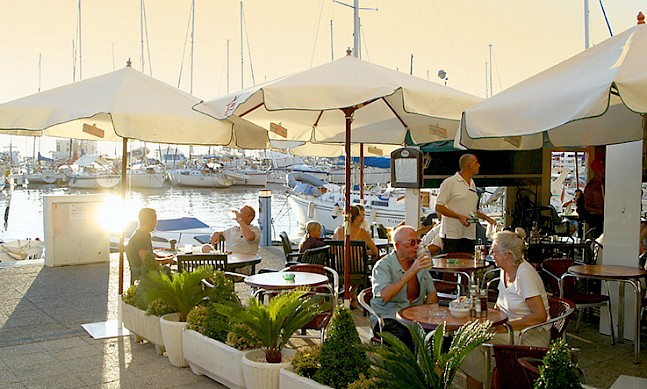Gibraltar has become one of the world’s pre-eminent e-gaming hubs, attracting blue-chip firms like Ladbrokes, bwin, BetVictor and more. This unlikely economic driver continues to replenish public coffers and create conditions for economic diversification – as with the ICT and data centres sector, which powers e-gaming’s vital infrastructure.
While to the casual observer it may all seem a bit fortuitous, the creation of a vital industry ex nihilo speaks volumes about the native ingenuity and creativeness of Gibraltarians, who have historically combined canny strategy and sound business sense to ensure prosperity, despite the chronic challenges that accompany life in a tiny, far-flung territory.
It took a little bit of luck – and a lot more hard work – to establish the legal and institutional framework that would create a rock-solid and successful e-gaming industry, however. No one was better suited for the task than James Levy, senior partner of Hassans International Law Firm, founded in 1940. After all, from 1988 he had resolved an emergency situation, bringing Gibraltar into compliance with over 120 European Commission directives, many involving the financial sector.
This same financial acumen proved indispensable soon after, when Hassans guided the government’s establishment of a legal and banking infrastructure for e-gaming. In 1995, Levy brought in the first such firm, UK powerhouse Ladbrokes; following a two-year period of exclusivity, several more companies were invited to join the party. However, officials were keen to ensure that all companies met a certain standard: “It was important only to deal with household names,” says Levy, “and that’s what Gibraltar did.”
“It was important only to deal with household names and that’s what Gibraltar did”
James Levy Senior partner at Hassans International Law Firm
Post ThisIt was the favourable fiscal environment and legal safeguards developed by Hassans and the government that lured in the first foreign e-gaming companies. Echoing Levy’s view that Gibraltar’s selective licensing indicated its desired profile as a “serious jurisdiction”, Paul Louis, managing director of another Gibraltar-based firm, BetVictor, notes that local regulators work “for the good of us, for the good of the customers that play with us, and also for the good of Gibraltar as an environment and as a jurisdiction.”
The well-regulated nature of the business locally is due to specific legislation. Most notable here was the gambling act of 2005, which gave industry oversight authority to the Gibraltar Regulatory Authority (GRA), which also oversees electronic communications and data privacy issues. The full integration of e-gaming with the ICT and overall financial sectors is evidenced by a fact that must surely make Gibraltar unique among nations: the minister overseeing financial services also has gaming in his portfolio, confirming beyond doubt the importance the government places on e-gaming for Gibraltar’s modern business identity.










